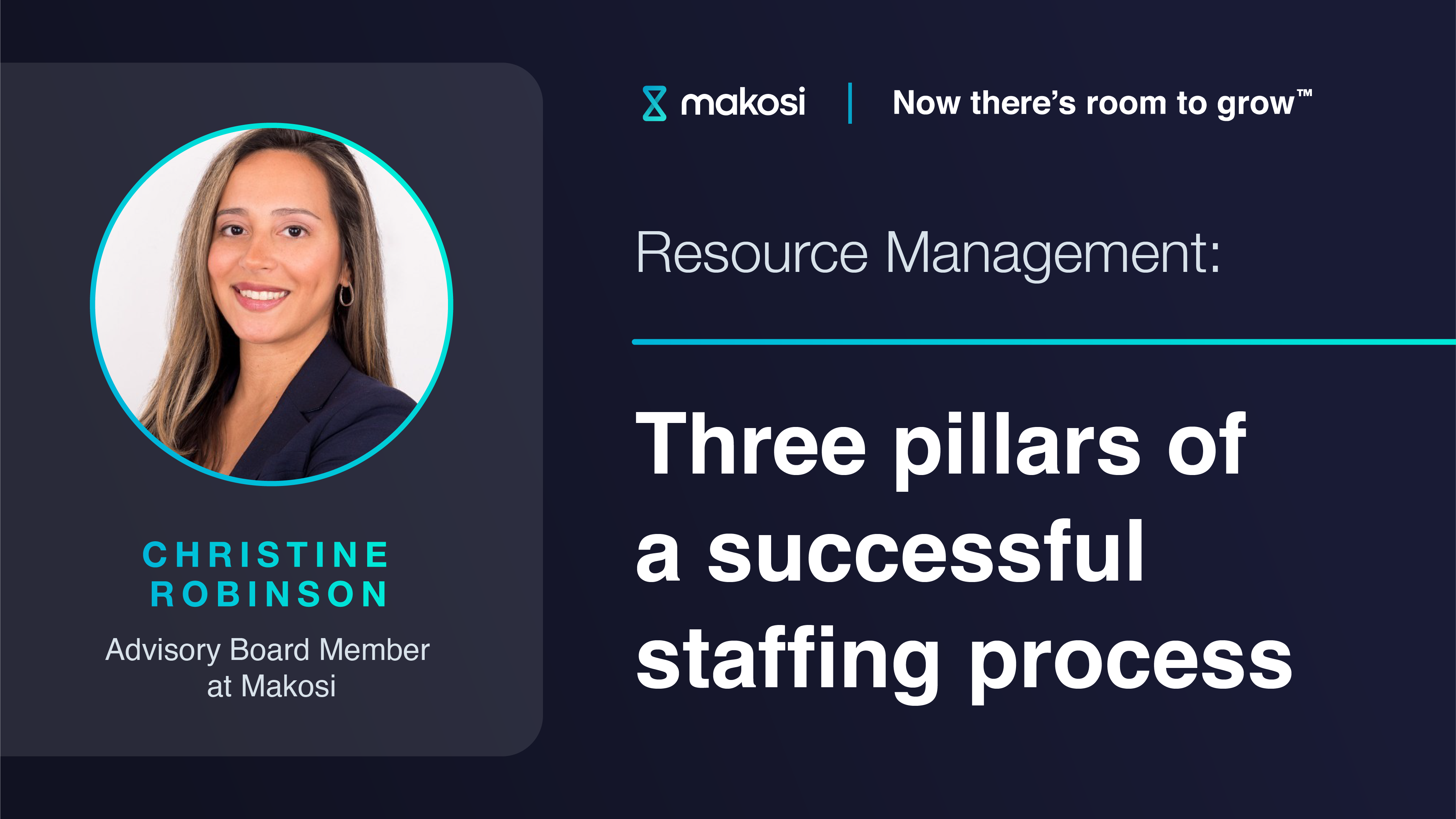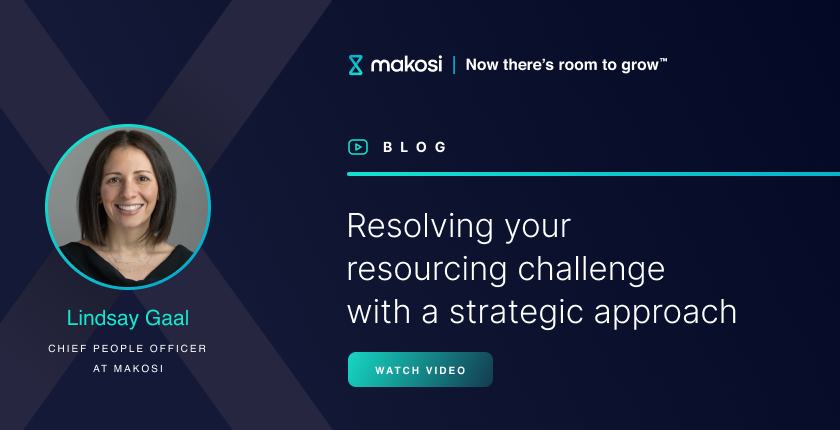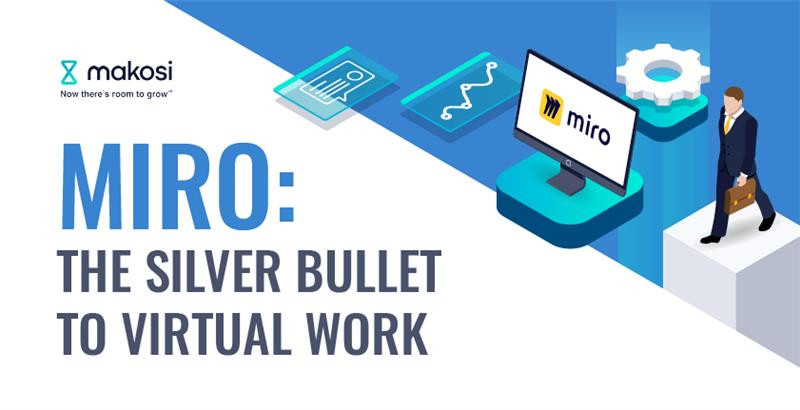Do you believe artificial intelligence (AI) is the end of humanity as we know it, or going to save the world? Your answer could be influenced by which Terminator movie you grew up watching. In the original Terminator, antagonist Skynet uses the artificial general superintelligence to carry out its evil deeds. In Judgement Day, the tables turn when The Resistance gains control in the name of doing what’s right for humanity’s sake.
You might be wondering, “what does The Terminator and AI have to do with public accounting?” At Makosi, we’re always innovating what’s next. And as AI becomes more integrated into our daily lives—from website chatbots to self-driving cars—we must ask: does AI pose a grave danger to the industry as we know it? Or will it save the audit world?
While it’s highly unlikely that machine-powered intelligence will replace skilled auditors, it will definitely impact the way we work. And we think that’s for the best.
As you read on, you’ll find:
- How AI is currently impacting service-based businesses—and predictions for how that impact might evolve soon
- The irreplaceable skills that AI will never be able to replicate
- How AI can open the door to new opportunities and ways to work smarter (not harder)
- Ways COVID-19 has altered the future, and what it means for audit technology
What is artificial intelligence?
Unless you’ve been living under a rock, artificial intelligence (AI) is already a part of your everyday experience. AI powers our virtual assistants, filters spam out of our email, monitors our banking accounts for fraud, and even flies our airplanes.
And when AI meets data, analytics, and automation, it can help businesses achieve lofty goals. It can improve customer service or change how accounting firms hire talent. It can even be as seemingly insignificant as a machine-powered chatbot that uses limited memory AI to answer questions in real-time.
The impact of AI on audit
Half of the respondents to this year’s McKinsey Global Survey on AI say their organizations have adopted AI in at least one business function. Unsurprisingly, high-tech companies, including service-based organizations, are the most likely to adopt AI. But why?
More impact in less time, for one. Companies that harness the power of AI are seeing increased revenue, reduced costs, and improved talent management. Additionally, firms that see the most significant ROI from AI embrace best practices that result in clear organizational strength.
How AI can strengthen—not break—the modern workplace
But won’t machines take our jobs? This is a fair (and common) concern regarding AI. The short answer is: no.
According to ICAEW, AI will not replace the need for professional judgment in auditing and financial processes. Regardless of the impact of AI on the accounting industry, firms will always need human-powered critical thinking.
Although skilled auditors need not fear for their jobs, they do need to adapt to remain competitive in an increasingly tech-driven workplace. By integrating AI into the modern workforce, firms can reap the benefits of:
- Better performance: McKinsey’s research suggests that companies seeing the highest earning potential from AI simultaneously experience more significant year-over-year growth than the competition.
- Better leadership: Survey respondents from organizations with high-performing AI adoption are more likely to rate their C-suite as “very effective.” The same respondents also report engaged and knowledgeable AI champions in the C-suite.
- Improved innovation: Organizations that invest in AI developments are more likely to innovate high-quality solutions to solve problems in-house. As a result, they’re more likely to build end-to-end platforms that drive efficiency and revenue over time.
Unlocking the path to more (and new) opportunities
Despite fears that AI will take away jobs, research supports the opposite. Instead, AI is a tool that helps auditors do their jobs better and more efficiently.
According to Accenture, AI has the power to increase productivity by 40 percent or more by 2035. And thanks to the rapid growth of data and technological innovations, AI adoption is expanding faster than ever before. These are a few of the many ways audit technology can create more opportunities for skilled workers.
Audit technology can increase value and efficiency
With the increasing adoption of AI, organizations are beginning to see ways to increase value by automating menial tasks. By taking advantage of AI automation, firms can cut costs, increase speed and scalability, and allocate human resources to more specialized tasks. In fact, Accenture reports increased productivity up to 70 percent as a result of AI adoption.
Of the companies successfully scaling AI technology, many see an ROI of 3X compared to those who never moved beyond beta testing. With AI tackling mundane tasks, firms can empower employees to spend time on more fulfilling, high-value tasks that computers can’t replicate. Ultimately, using AI to change the way work is done reinforces the role people play in strategic growth.
More agility, more competitive advantage
Sure, AI is an excellent tool to increase efficiency by streamlining repetitive tasks. But it’s also about analyzing data and finding new ways to adapt accordingly. Thanks to machine learning, AI technology can learn from data and results in real-time. AI analyzes incoming data and insights and provides recommendations at an astounding level of accuracy.
For example, those Amazon product recommendations that are so spot on it feels like they tapped into your brain? They’re a result of AI and machine learning. At Makosi, we’re innovating similar ways to identify the ideal audit seniors for specific roles with accounting firms. In this way, AI streamlines and enhances the way we work—without removing the need for human interactions.
Improved accuracy and informed decision making
AI helps mitigate human error, which improves quality and protects sensitive data. And in the digital age, this is invaluable. Strong cybersecurity is essential for building client trust and protecting sensitive, proprietary financial information. Firms who leverage AI’s power to strengthen their security have an advantage over those that don’t.
The COVID-19 effect
The bottom line? The COVID-19 pandemic has forced companies to become more agile and nimble than ever before. Depending on how society reacts, the damage can either be minimized or amplified. The power is in our hands. It always has been.
In a way, AI is no different. It can be used for good or bad—and depending on which we choose, the results will be either beneficial or damaging to work as we know it. As for skilled auditors? They need to be more flexible and adaptable as AI and audit technology advance. Because those who evolve will emerge at the top.







